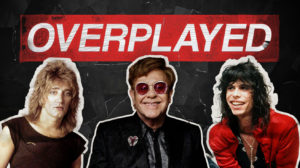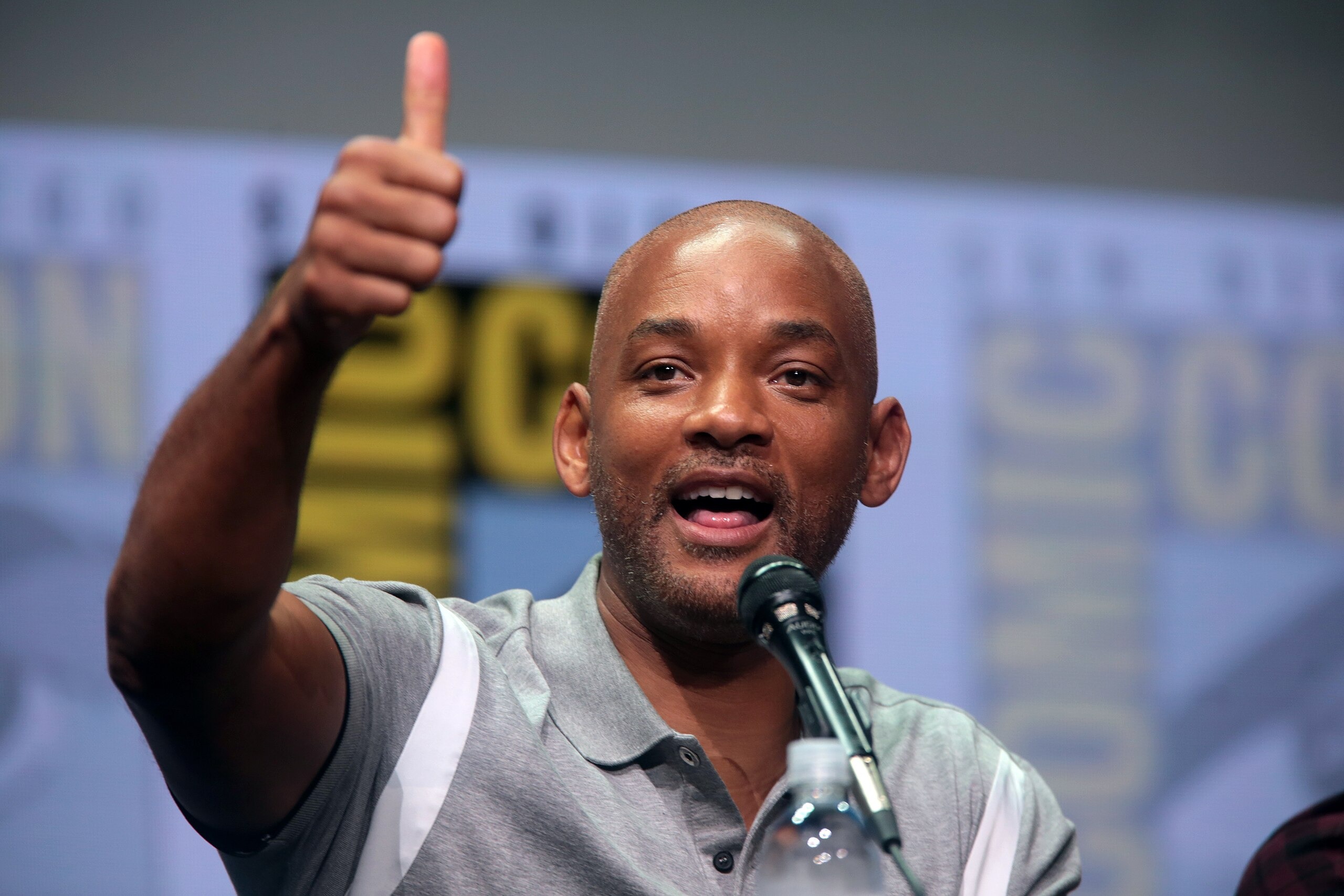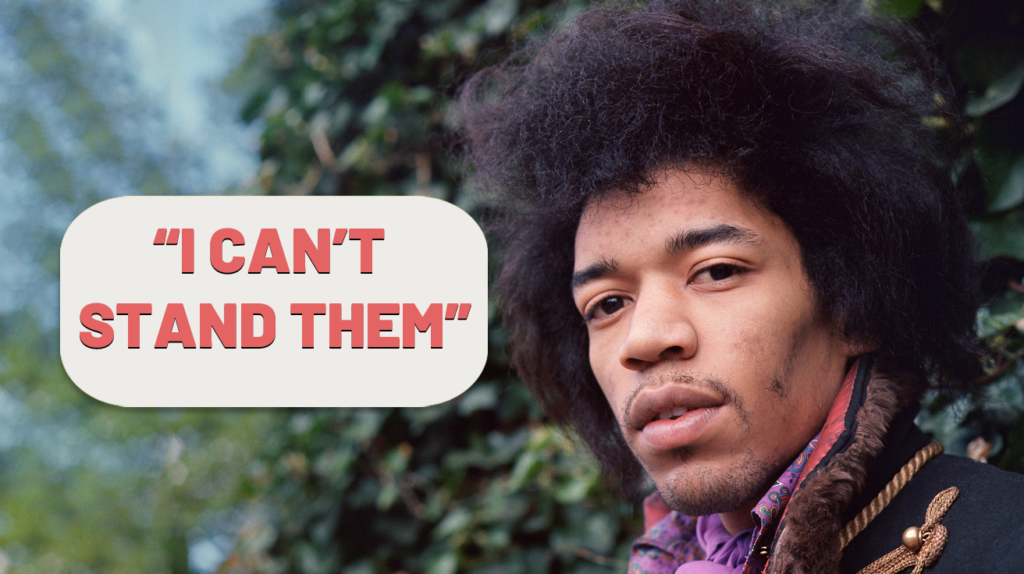
Jimi Hendrix faced musical differences that created tension with popular bands of his era. The guitarist found Led Zeppelin’s blues interpretations lacking the soul he demanded. He walked out during Pink Floyd shows, describing their sound as “interesting but unfocused.” His brief tour with The Monkees lasted just seven shows before he quit.
These musical clashes highlight what set Hendrix apart from his contemporaries
5. Led Zeppelin
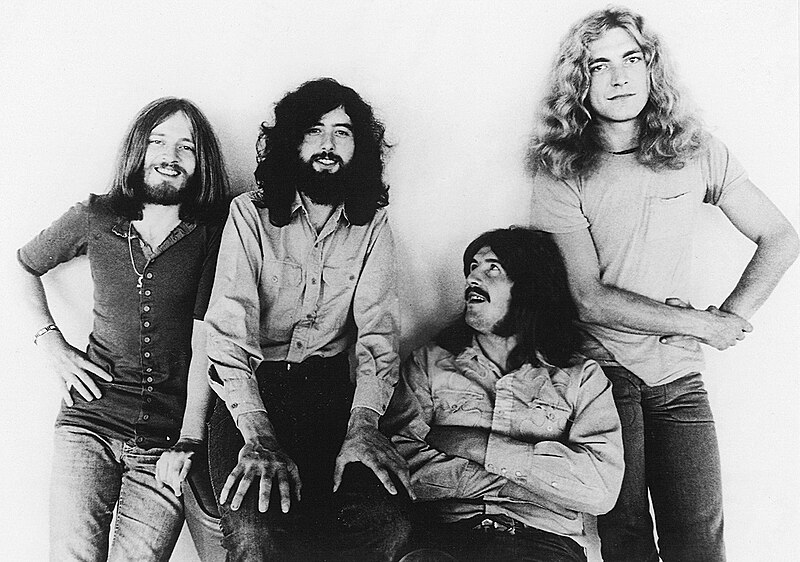
Despite Led Zeppelin’s meteoric rise, Hendrix maintained a notably cool stance toward the British rock powerhouse. When questioned about Jimmy Page’s guitar work in 1969, Hendrix simply acknowledged it with a nod before steering the conversation elsewhere. Their musical orbits, though occupying similar festival circuits, rarely intersected professionally. Hendrix considered their blues interpretations less authentic than his own revolutionary approach. The guitar god’s assessment cut to the bone when he told a Rolling Stone journalist that Zeppelin “borrowed the blues but forgot to return it with interest.”
4. Pink Floyd
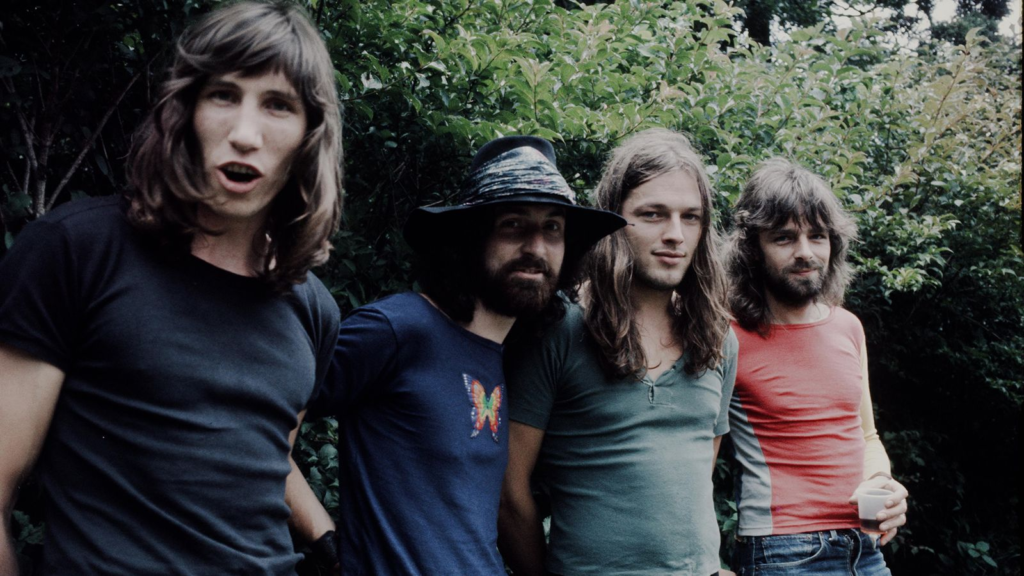
The legendary guitarist showed little enthusiasm for Pink Floyd’s atmospheric explorations. Hendrix attended an early Floyd performance at London’s UFO Club but departed midway through their set. In a brief 1967 interview with Melody Maker, he described their experimental sound as “interesting but unfocused,” revealing the fundamental difference in their artistic visions. Their musical philosophies diverged significantly despite sharing space in the psychedelic movement. If you’d been backstage after that UFO Club show, you might have overheard Hendrix’s candid assessment to Noel Redding: “They’re building cathedrals of sound while I’m trying to set the damn church on fire.” Despite Hendrix’s critique for Pink Floyd, they still ended up as a very successful band, selling their music catalogue to Sony for $400 million.
3. The Monkees
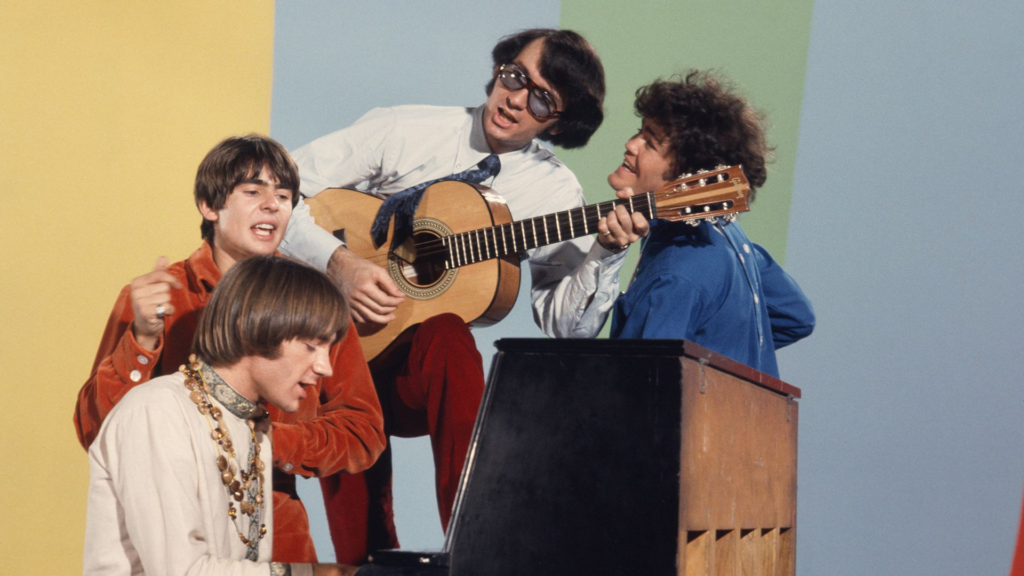
Hendrix’s brief tenure opening for The Monkees lasted just seven shows in 1967 before he abruptly quit the tour. His unfiltered criticism appeared in Rolling Stone when he stated their music “has nothing to say to me.” The pairing, bizarre by today’s standards, represented promoters’ misguided attempt to lend credibility to the manufactured pop group. The cultural mismatch reached its breaking point at Forest Hills Stadium where teenage girls screamed for Davy Jones while Hendrix set his guitar ablaze—a perfect metaphor for why the collaboration was doomed from the start.
2. Jim Morrison
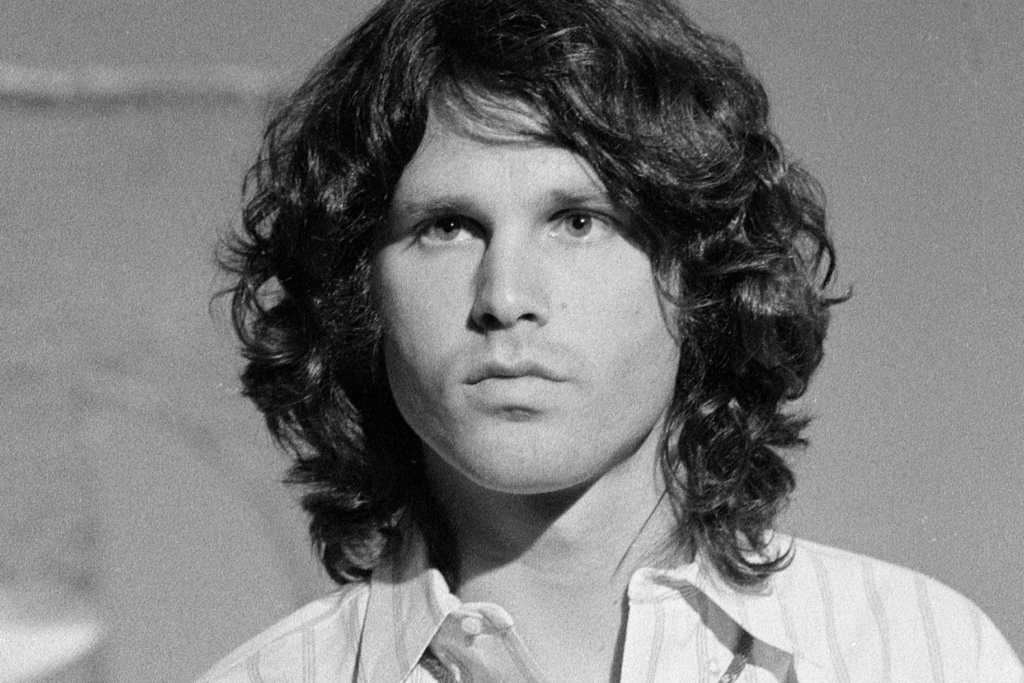
The relationship between Hendrix and Morrison existed as a complex mixture of professional acknowledgment and personal distance. Between 1968-1969, the two counterculture icons encountered each other several times in Los Angeles clubs, with observers noting their interactions often carried palpable tension. Hendrix confided to a close associate that he found Morrison’s poetic aspirations “a bit much” while still recognizing The Doors’ musical contributions. You can imagine the electric atmosphere when these two titans of rock occupied the same room—like watching two storm fronts collide but never quite merge into the perfect thunderstorm fans had hoped to witness.
1. Motown Bands

Hendrix’s frustration with Motown stemmed from firsthand experience, having worked as a session guitarist for several label artists before achieving fame. In a 1968 interview, he described the label’s strict production rules as “too confining for real expression” despite his respect for individual Motown musicians. Berry Gordy’s producers repeatedly rejected Hendrix’s unconventional playing style during his early career attempts. His preference for emotional authenticity fundamentally conflicted with Motown’s production philosophy. That 1965 session where Norman Whitfield dismissed him became a pivotal moment—the day Hendrix realized he’d need to burn down musical conventions rather than polish them to a Motown shine. Now that we’ve talked about Hendrix’s critique for various bands, if you’re a big fan of his, you might find his “Becoming” documentary worth looking into.





